Living in Germany is our weekly look at some of the news and talking points in Germany that you might not have heard about. Members can receive it directly to their inbox on Saturday.
Change is finally afoot in Germany’s immigration law
This November is set to be a month of change in Germany – and not just because of the hated transition to ‘Winterzeit’ after the clocks go back this weekend. For foreigners in particular, there’s actually a fair bit to look forward to that may help you shake those winter (or late autumn) blues.
The biggest change we’ve been writing about at The Local lately is the first phase of the government’s skilled worker law, which is due to enter into law on November 1st. We take you through the full list of changes in detail in our recent explainer, but for those short of time, they can basically be summarised in one word: flexibility.
Recent graduates in particular will be excited to know that they can work in a field outside their degree, as well as nabbing a Blue Card without needing to command a super-high salary. There are also new free movement and family reunification rules for Blue Card holders coming in, as well as a much bigger list of in-demand professions that will be eligible to apply.
READ ALSO: How Germany’s immigration rules are changing this November
Of course, these new work permit rules aren’t the only thing the traffic-light coalition has been working on. Thrillingly, there are signs we might be nearing the endgame in the upcoming reform of the citizenship law and plans to allow dual nationality. The next date to watch out for on this front is November 9th, when the Bundestag will have its first reading of the law (there are three in total).
According to SPD MP Hakan Demir, this is the first step towards getting the bill through parliament – and if all goes well, it could be brought in as soon as April next year.
Tweet of the week
We all know the downsides of learning German – impenetrable grammar and a thousand versions of the word ‘the’ being two of them – but have you considered that it could help you with your Icelandic and Old English skills? We hadn’t either.
When I was at school, German was the cool language that you got to learn after French. It explains how English grammar works. It makes sense of Old English & shows how closely related we are. It makes Dutch, Swedish & Icelandic much easier. That’s why German’s still cool today.
— Christopher Hughes MBE (@chrislinguist) October 26, 2023
Where is this?
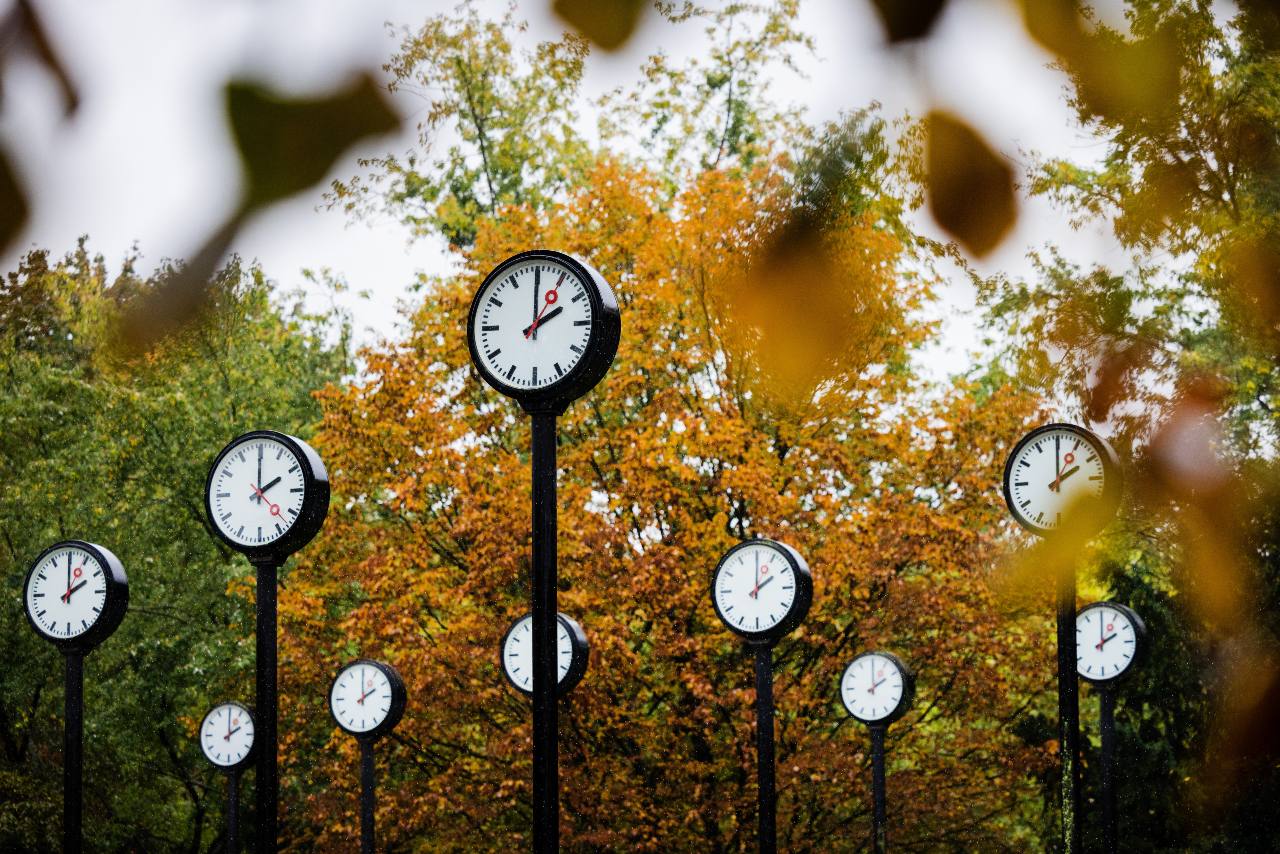
This captivating autumnal scene was snapped in Düsseldorf on Wednesday at the famous ‘time field’ exhibit created by the artist Klaus Rinke. This week, it serves as a sad reminder that the evenings will be getting darker sooner after the clocks are turned back from 3am to 2am on Sunday night.
Did you know?
Many children and adults alike will be putting the final touches to their Halloween costumes ready for All Hallow’s Eve on Tuesday, but in nine German states, October 31st also marks Reformation Day.
This protestant public holiday commemorates the scholar and firebrand theologian Martin Luther, who set in motion the events of the European Reformation with his fierce critique of the Catholic Church. On October 31st, 1517, he famously marched down to All Saints Church in Wittenberg and nailed his 95 theses to the door, ensuring that his diatribe against religious corruption was on display for all to see. Or did he?
Though the story of 95 theses on the church door is widely known, scholars now believe it could just be a legend. Martin Luther himself never mentions hammering his work to the church – in fact, the only mention of this date involves Luther sending his theses to the local archbishop, which we can all agree is a much less dramatic tale.
READ ALSO: What is Germany’s Reformation Day and where is it a public holiday?
The Wittenberg anecdote was actually first recounted by fellow reformer and Luther contemporary Philip Melanchthon – but there are no eyewitness accounts of what actually happened that day.
In other words, we’ll probably never know.

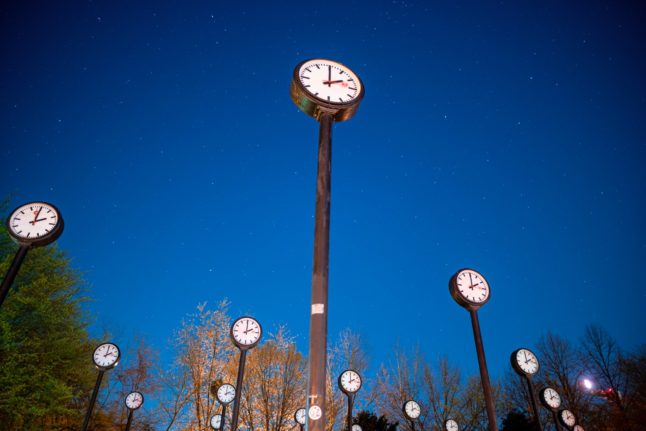
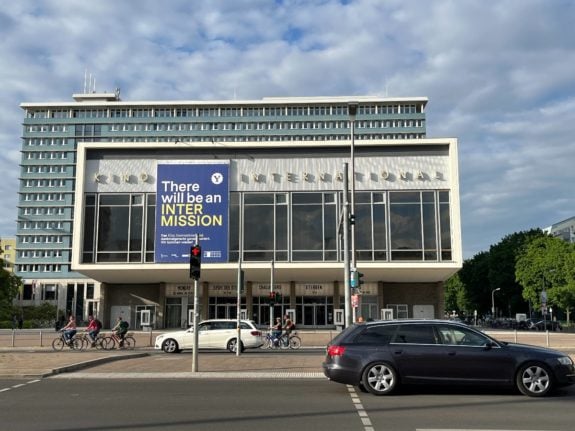
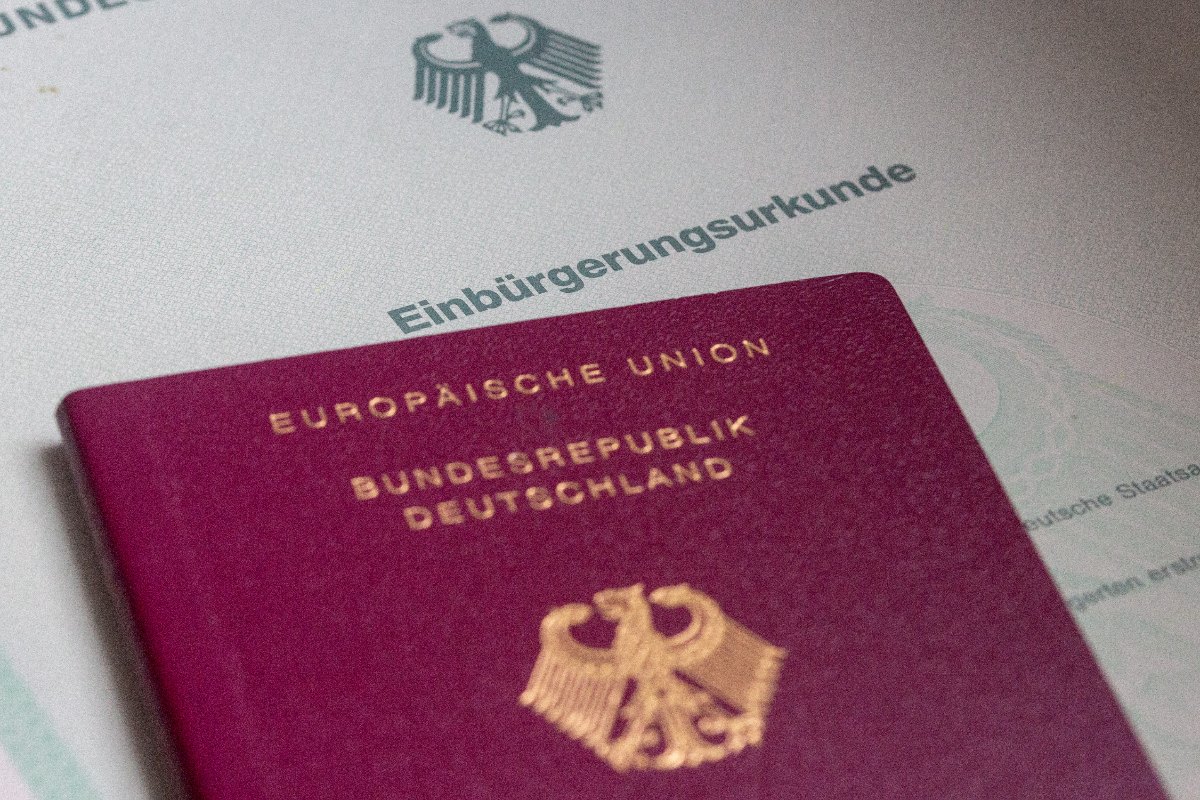
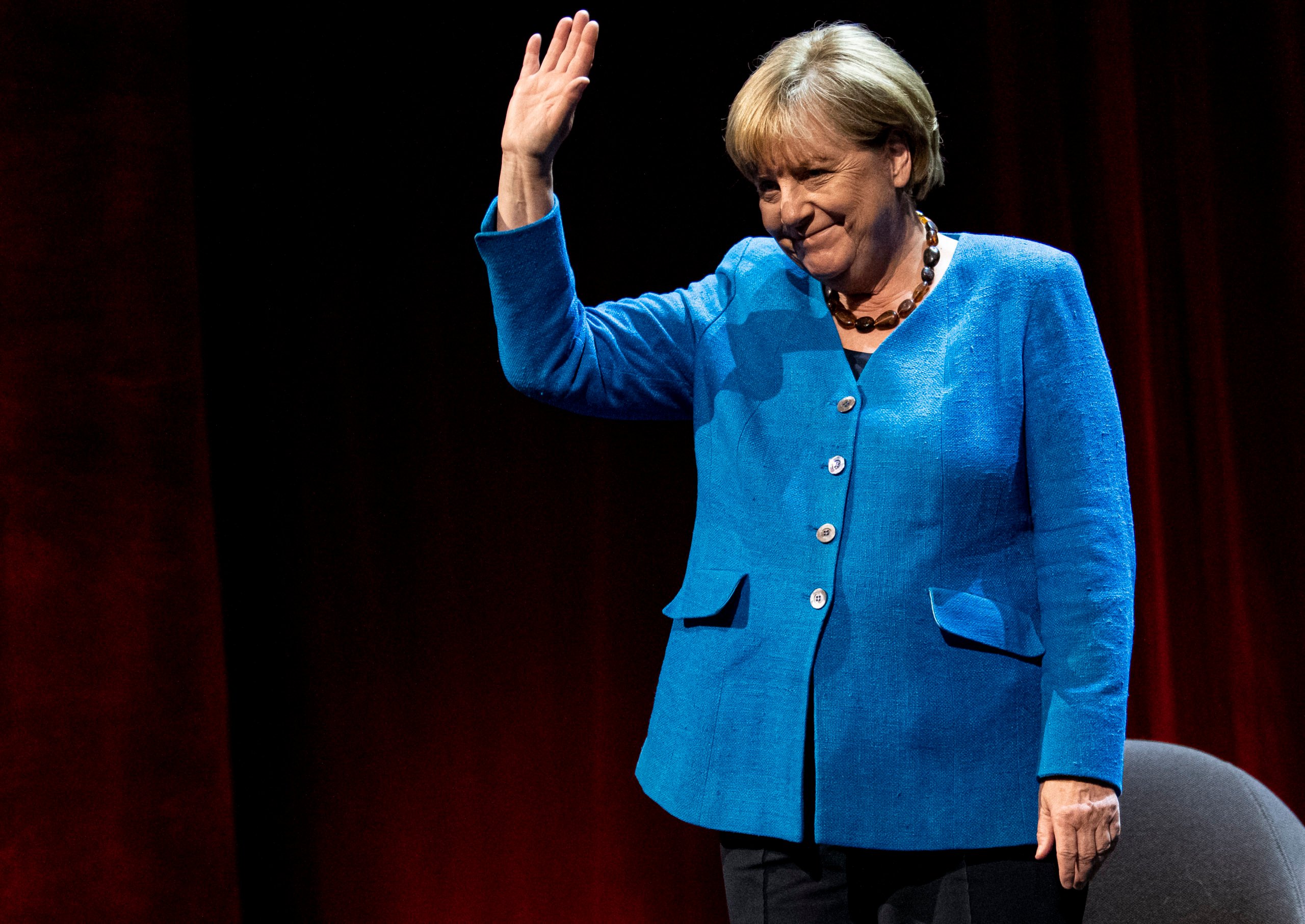
 Please whitelist us to continue reading.
Please whitelist us to continue reading.
Member comments